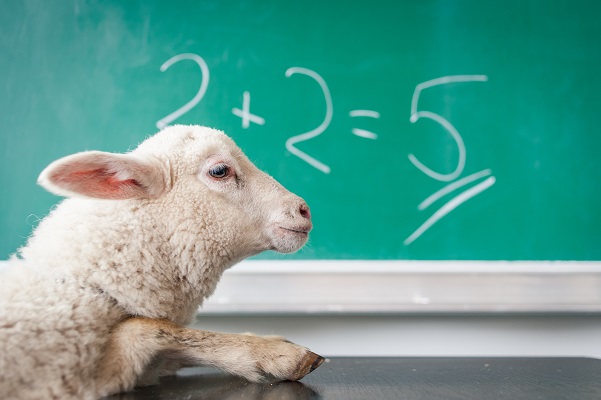Years ago, I wrote about how
traditional public schools are to be judged by their ideals and intentions — their best possible outcomes — rather than by their actual performance;
while the alternatives (e.g., charter schools, private schools, Extended Learning Opportunities, the Children’s Scholarship Fund, Learn Everywhere, and now EFAs and even home education) are to be judged according to their worst possible outcomes,
even when their actual performance exceeds that of public schools.
I was reminded of this yesterday while watching testimony on HB1610, where about 500 angry parents showed up to oppose one of the stupidest bills I’ve seen in my 17 years in New Hampshire.
There was a lot of talk about how home-educated children are required to put together portfolios to show that they’ve actually learned something.
And it occurred to me: Why aren’t students in public schools required to do the same? Right now, they get ‘grades’ that tell you almost nothing, and they are socially promoted by being given ‘course credits’ for courses in which they may have learned nothing at all.
Not so long ago, I had a conversation with the child of an acquaintance who had obtained two-course credits in algebra but who couldn’t tell me what a variable is. This is not, in my experience, an uncommon kind of occurrence. Nor is it only a recent one. Forty years ago, I was tutoring college chemistry students who didn’t know what an electron is.
There’s a striking disconnect here: Only kids outside of the public school system are expected to prove that they’re learning something, while kids inside the public school system are excused from that requirement.
If you set out to intentionally create the kind of system we have now — where more than 9 out of 10 students get diplomas, but fewer than half of them can read — setting up double standards like these would be a great way to do that, wouldn’t it?
